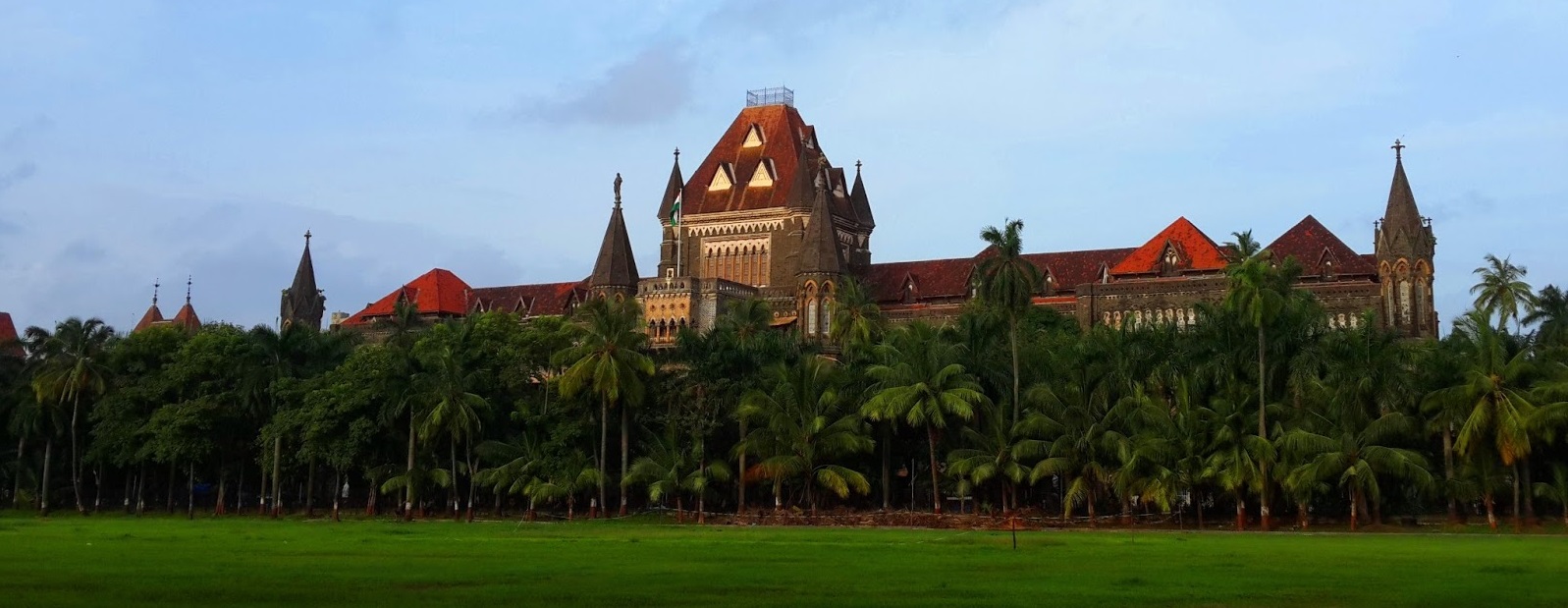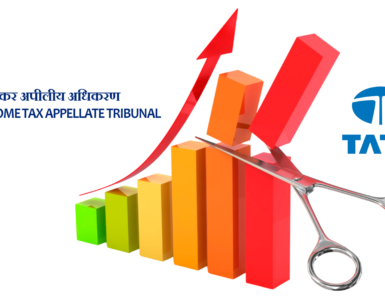Facts of the Case
The Petitioner is Chairman and Managing Director of Universal Empire Institute of Technology(UEIT). UEIT was incorporated in UAE as a Limited Liability Company. The Respondent IGNOU is a statutory university established under the Indira Gandhi National Open University Act, 1985.
UEIT entered into an Agreement to collaborate for offering and implementing various distance educational courses in Dubai, U.A.E. UEIT was to advertise the programmes at its own cost and admit students conforming to the eligibility criteria as prescribed by IGNOU.As per the terms of the Agreement the Parties agreed to fees collected from the students enrolled. The Agreement also provided for submission to Arbitration in case a dispute arises between the parties. The initial term of the Agreement was 3 years, on expiry of the which the parties entered into another agreement on similar terms effecting the renewal of earlier Agreement.
Dispute arose with IGNOU claimed that the initially the share on receipt of fees from the students enrolled were remitted, but later UEIT defaulted on these payments to IGNOU.
UEIT’s claims were that IGNOU also enrolled students from institutes operating illegally outside the Trade Free Zones, the expenditure of running such institutes were much lower than that of institutes operating in Trade Free Zone like UEIT. This adversely affected the enrollment of students to UEIT resulting into loss of revenue.
IGNOU invoked the arbitration clause Before the arbitral tribunal, IGNOU filed its statement of claims inter alia claiming an aggregate sum of USD 14,48,046, which included a sum of USD 6,63,653 on account of unpaid invoices; a sum of USD 417 on account of demand drafts which were not encashed; an amount of USD 1,60,000 on account of loss of earning; and USD 5,00,001 on account of loss of goodwill. IGNOU claimed Mr.Gopi and UEIT jointly and severally liable for the aggregate sum of claims.
Mr Gopi and UEIT filed a reply to the statement of claims before the arbitral tribunal. Simultaneously, they also filed counter claims claiming a sum of USD 66,15,498 which included compensation for business loss quantified at USD 44,91,671 and compensation for loss of reputation quantified at USD 20,00,000.
The Arbitral Tribunal Directed UEIT to file a statement inter alia to clarify clarifying the nature and character of UEIT and whether Mr Gopi was authorised to represent UEIT.
In compliance with the directions of the Arbitral Tribunal filed the relevant statements and proofs and It was confirmed by UEIT that Mr Gopi was representing the said company as its Managing Director and in terms of resolution passed by UEIT authorising him to do so. It was also clarified that the reply to the statement of claims and the counter claims was filed by Mr Sudhir Gopi on behalf of UEIT in his capacity as a Managing Director and not in his personal capacity.
UEIT claimed that the statement of claims filed by IGNOU was bad for mis-joinder of parties as Mr Sudhir Gopi was not a party to the Agreement/or the arbitration agreement (clause). UEIT also prayed that the issue of mis-joinder of parties be considered as a preliminary issue.
Mr Gopi also filed a separate application confirming the same.
But The arbitral tribunal awarded a sum of USD 664,070 in favour of IGNOU against Mr Gopi and UEIT, jointly and severally. In addition, the arbitral tribunal also awarded interest at the rate of 12% per annum on the awarded amount from 03.01.2012 to the date of the award and from the date of the award till full realisation of the amount. The arbitral tribunal also awarded the cost of proceedings quantified at ₹100,000/-.
The aggrieved respondents approached the Delhi High Court. The Counsel appearing on behalf of Mr Gopi contended that arbitral tribunal does not have the power to proceed against any person who was not a signatory/party to the arbitration agreement (non-signatories). He relied upon the decisions of this Court in Prakash Industries Ltd. v. Space Capital Services Ltd. and Balmer Lawrie & Company Ltd. v. Saraswathi Chemicals Proprietors Saraswathi Leather Chemicals (P) Ltd., well as on the decision of the Bombay High Court in Oil and Natural Gas Corporation Ltd. v. Jindal Drilling and Industries Ltd. and Great Pacific Navigation (Holdings) Corporation Limited v. M V Tongli Yantai: in support of his contention.
Question
Whether a non-signatory can be made privy to an agreement by an Arbitrator/Arbitration Panel?
Contention of IGNOU
The Counsel appearing on behalf of IGNOU contended that since Mr Gopi held 99 shares out of the 100 shares issued by UEIT and was the sole in-charge of running its affairs of UEIT it can be deduced that Mr Gopi that he had made no distinction between himself and UEIT And the decision of the arbitral tribunal to hold Mr.Sudhir Gopi an alter ego of UEIT, could not be faulted. He relied on the decision of the Supreme Court in Union of India (UOI) v. M/s. Pam Development Pvt. Ltd. in support of his contention that Mr Gopi having participated in the arbitration proceedings, was precluded from challenging the jurisdiction of the arbitral tribunal at a subsequent stage.
He also relied upon the decision of the Supreme Court in Purple Medical Solutions Pvt. Ltd. v. MIV Therapeutics Inc. and Ors. wherein the court had allowed an application under Section 11(6) of the Act and appointed the arbitrator by lifting the corporate veil. He also referred to the decision of a Coordinate Bench of this Court in Ram Kishan and Sons v. Freeway Marketing (India) (P) Ltd. and Anr. whereby this Court had found fault with the arbitral tribunal in not lifting the corporate veil and had, therefore, allowed the application for setting aside the arbitral award as being opposed to public policy.
Decision
- The Honorable Delhi High Court held that in absence of consent of parties to submit themselves to Arbitration, the arbitral tribunal would have no jurisdiction to make an award. In the present case the Agreement is entered between UEIT and IGNOU and not by Mr.Gopi in his personal capacity.
- In case of Chloro Controls India Private Limited v. Severn Trent Water Purifications Inc. & Others the Supreme Court of India laid down the various theories that may be applied inorder to bind a non-signatory to an Arbitration Agreement. One of the theory includes the legal doctrines of agent- principal relations, apparent authority, piercing of veil (also called the “alter ego”), joint venture relations, succession and estoppel. But this theory relies on the force of the applicable law.
- In case of Life Insurance Corporation of India v. Escorts Ltd. And Ors., the constitution bench of the Supreme Court explained that a corporate veil may be lifted where a statute itself requires lifting of corporate veil or in cases of fraud or where a taxing statute or a beneficent statute is sought to be circumvented.
- In case of Oil and Natural Gas Corporation Ltd. v. Jindal Drilling and Industries Limited the Bombay High Court held that the arbitral tribunal has no power to lift the corporate veil. Only a Court can lift the corporate veil of a company if the strongest case is made out.
- The decision of the Supreme Court in the case of M/s. Pam Development Pvt. Ltd., cannot be applied to the present case as the dispute raised by the appellant (Union of India) was that the arbitrator was not appointed in accordance with the agreement and the disputes entertained were excepted matters and thus, not arbitrable.
- The decision in Purple Medical Solutions Pvt. Ltd. was rendered by the Supreme Court in an application filed under Section 11(6) of the Act as in there were serious allegations of fraud were made against respondent no.2 (therein), who was not a party to the agreements in question. Also the said allegations remained uncontroverted.
- In such case the Honorable High Court held that that the award of the Arbitral Tribunal to the extent that the petitioner is held liable for the awarded amounts, shall be set aside.




